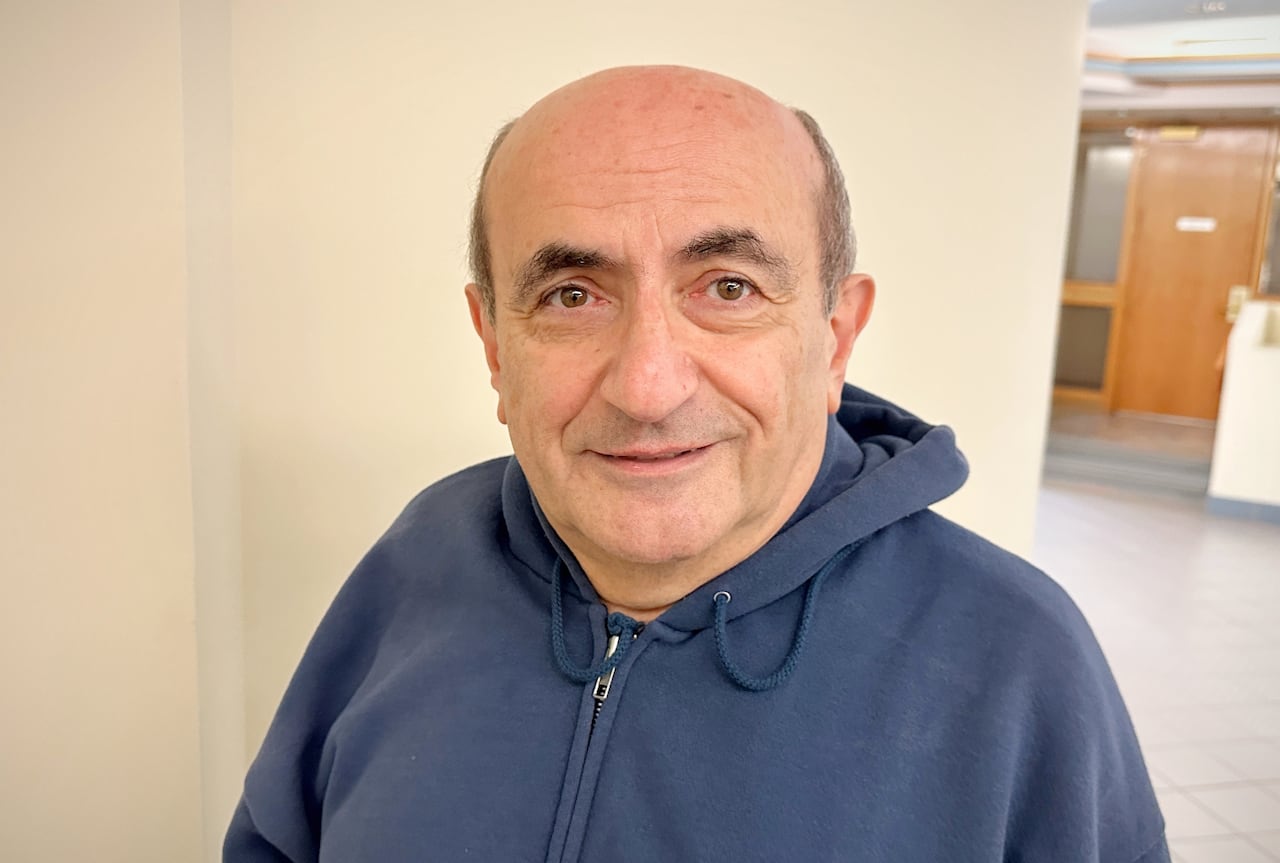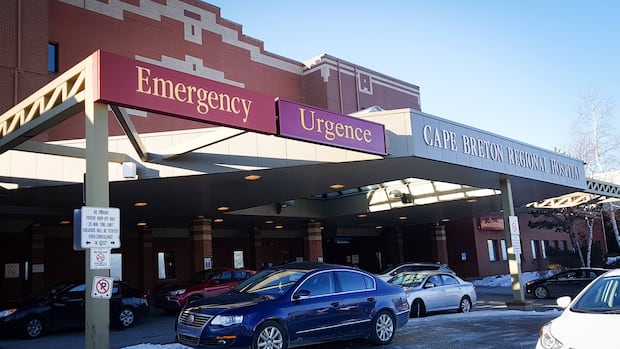When Nova Scotia Health suspended its overnight detox beds at the Cape Breton Regional Hospital in July, it said it needed two weeks to find another doctor to oversee the inpatient service.
But it’s been nearly four months and people needing help with substance-use withdrawal cannot wait any longer, says Blair Kasouf, a retired lawyer, social worker and addictions medicine advocate.
“The thing with addictions, when that light’s come on for a little while and somebody says, ‘I need help,’ they need to be able to get it right away, not ‘Here’s an appointment six weeks down the road,’ because the person’s probably not going to show up,” Kasouf said.
Dr. David Martell, the province’s medical lead on addictions treatment, said it’s been difficult recruiting new doctors, especially one for the specialty service.
“Few physicians want to make this their career or take on additional work like this in addition to the very busy practices that they run,” he said.
In the meantime, the Sydney hospital is handling most patients through its outpatient day program and those in serious withdrawal can be referred to the emergency department, Martell said.
“All parts of the health system are capable of helping people manage those symptoms,” he said. “This should not be a specialty where only one small part of the health system has the expertise.”
Martell said the regional hospital’s “pivot” to outpatient service has done “incredibly well,” with about 80 per cent of patients being treated in the day program at the hospital’s recovery support centre.
At the same time, Sydney’s emergency department and other wards in the hospital are challenged with the same lack of capacity as other facilities across the province, Martell said.
However, physician recruitment is ongoing and Martell said he expects a doctor for the inpatient detox service will be brought on board within a few months.
Kasouf said it’s not good enough to refer people with serious withdrawal symptoms to the emergency department.

The ER is already overburdened and people recovering from substance use need special care dealing with symptoms that can include projectile vomiting and agitation, which can disturb other patients, he said.
“Going through severe withdrawals is not like getting admitted for a broken leg,” Kasouf said.
“There is a lot of things involved with it and there’s a lot of social factors.
“A lot of times their family is in chaos. Their job is in chaos and/or their life. They’ve been holding it together as far as the appearance to the public, but they’re falling apart in their own life and it just doesn’t cut it to say, well, ‘Stick them in the hallway of the ER.’
ER a ‘dumping ground’
Kasouf said some people with addictions will not go to the ER and those who do may not wait hours to be seen.
They’ll just go back to substance use to reduce the withdrawal symptoms, he said.
“I don’t know if anybody actually consulted with our ER staff about that being a great idea.
“It’s a great dumping ground for all the social problems in this community. Send them to the ER, they’ll fix it, and that’s not fair to the staff there or the people that are coming in the door with a heart attack or something.”
MORE TOP STORIES







